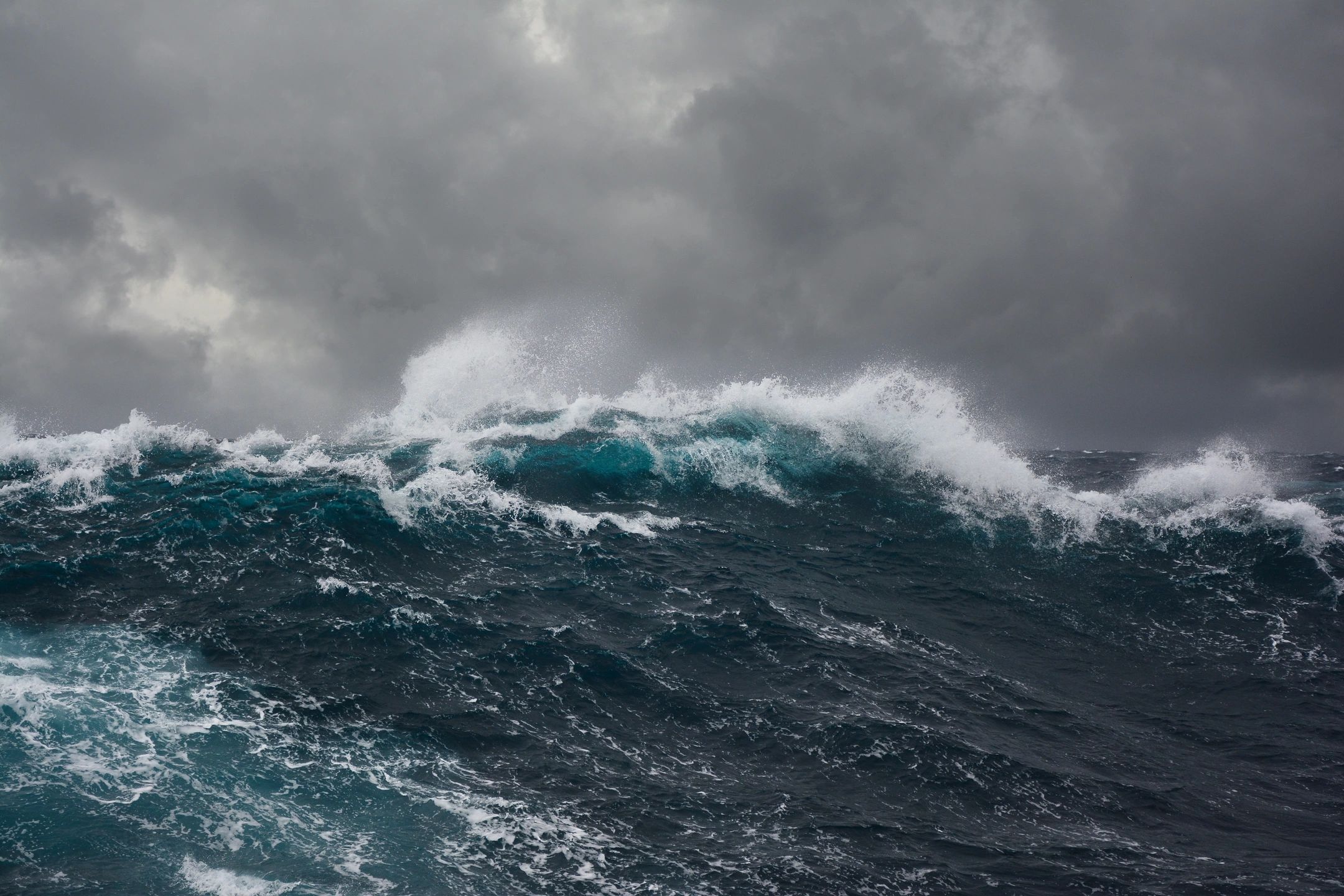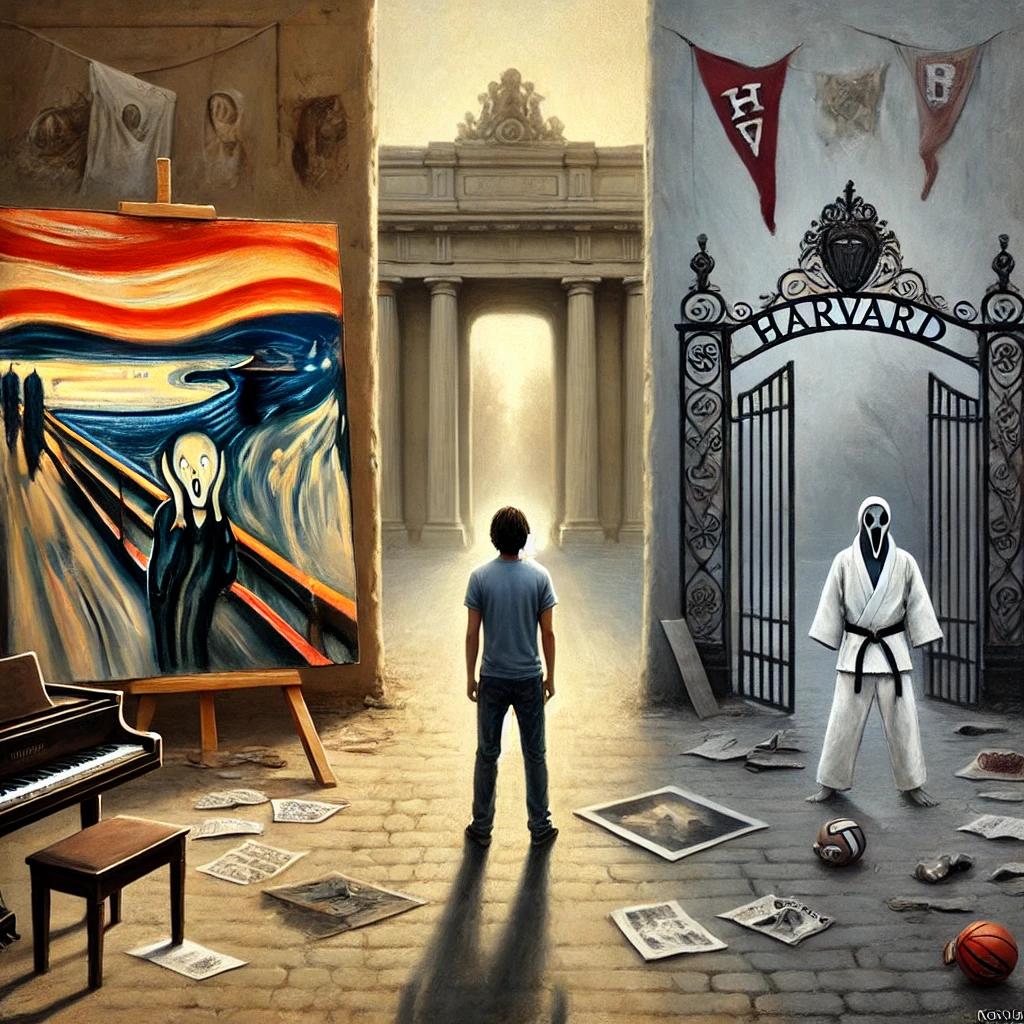
Unfinished Paths: A Journey Through Life’s Crossroads
Since I was a child, I’ve always had the desire to achieve something great. I remember when I was nine years old, my paintings were praised at the Children’s Cultural Development Center, and even a UNICEF representative spoke to my father, suggesting that he should invest in me to become an international artist. But I gave up painting. Perhaps because I couldn’t grasp the importance of that moment or maybe because I wanted an easier path. However, that was the first time I abandoned something that could have shaped a significant future for me. It truly marked the beginning of a story that repeated itself throughout my life.

Three years later, in the field of music, my teacher asked me to perform a solo piano piece at a major concert. I thought this opportunity could open a new path for me, but once again, I quit the piano. I had various reasons: fatigue, lack of motivation, or perhaps fear of failure. But the result was the same—a talent left unfinished.
This pattern continued in sports as well. Many times, I started different sports such as kung fu, karate, swimming, and bodybuilding, and each time, after a while, I left them behind. I could never reach depth in any of them. In a way, I was always like an ocean that was only one meter deep. Whatever I started, I soon abandoned.
This hopping from one thing to another didn’t stop with art and sports, but continued in learning various skills and even in starting diverse businesses. Each time I ventured into a business, I began with great enthusiasm. But over time, when faced with real challenges, my enthusiasm would fade, and I would leave the business unfinished.
The result of this pattern in my life is evident. Every time I abandoned something, it was in a way losing an opportunity that could have led me down a new path. Maybe today, if I hadn’t given up painting, I would have become an international artist. If I hadn’t quit piano, maybe I would be a renowned musician. And if I had continued my sports, I would be in peak physical condition today.
This pattern has had consequences that have gradually become apparent. One of the most significant ones is the loss of opportunities that could have changed the course of my life. Painting, piano, sports, and even the businesses I started and left behind were each an opportunity that could have brought great success. But every time I quit, my self-confidence diminished and my doubts increased. Repeating this cycle made me feel as if I might never be able to complete anything.
But can one break free from this cycle? Perhaps the first step is to acknowledge the reality of these unfinished endeavors and ask myself: “Do I want to continue living like this for the rest of my life?” Maybe this question could spark a new beginning, this time with a stronger resolve.
Amidst all these failures and unfinished ventures, a small flame has always remained alive in my heart. Even in the worst moments, somewhere deep inside, I believed that I could start again. This flame is the motivation that makes me give myself another chance each time.
It wasn’t long ago that I came across a concept while reading a new book, the idea of “hope without optimism” from A Small Treatise on the Great Virtues by André Comte-Sponville. Sponville argues that hope must be separated from optimism. Optimism is a positive outlook on the future, but Sponville believes that even without such a view, we can still remain hopeful. This hope is a form of accepting reality and striving to improve it, even when the outcome is uncertain or may seem negative. Hope without optimism does not lead us to passively wait for a better future but drives us toward courage and action.
Today, I look at my past with this new perspective. I no longer have that childlike confidence, but this small flame in my heart keeps me from giving up on believing in my abilities. When I look back, I sometimes feel regret and sorrow, but this shift in perspective has helped me to now, instead of naïve optimism, walk toward the future with “hope without optimism.” As Saadi says:
“Better to walk in the wilderness than to sit idle, For if I do not reach my goal, I will at least strive as much as I can.”
This verse reminds me that even in the face of difficulties, moving forward and striving is better than inaction. With this new outlook, I want to continue, and this time, I aim to complete the unfinished paths with courage and determination.
